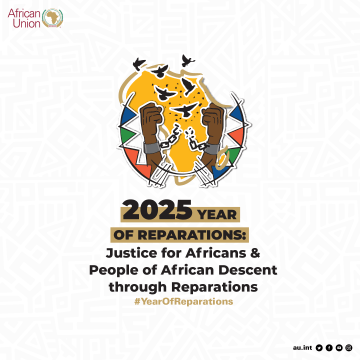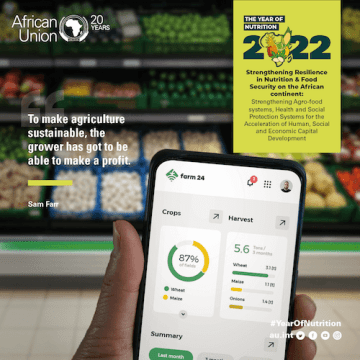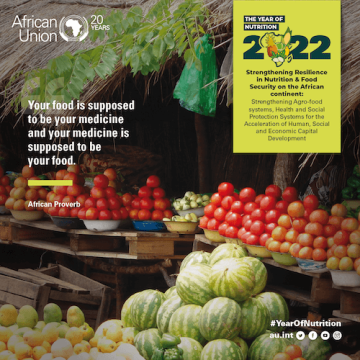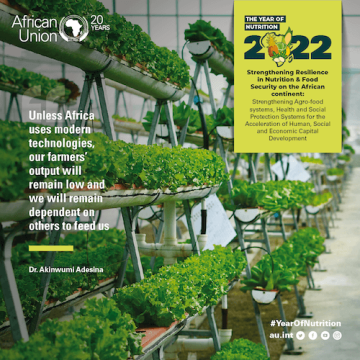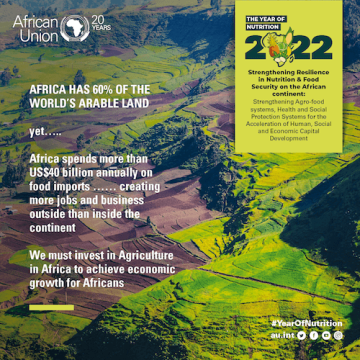Midrand – 23 September 2025 – The African Peer Review Mechanism (APRM) Continental Secretariat, in collaboration with the United Nations Department of Economic and Social Affairs (UNDESA), UNDP, UN-Habitat, UNECA, and the African Association for Public Administration and Management (AAPAM), has launched a major initiative to promote subsidiarity as a means of strengthening the localisation of the Sustainable Development Goals (SDGs) and the African Union’s Agenda 2063.
This joint initiative focuses on six (6) African countries, including Sierra Leone, and builds upon the existing APRM–UNDESA Continental Programme aimed at enhancing awareness and implementation of governance principles that support both the SDGs and Agenda 2063 across the continent.
The programme was officially launched in Freetown, Sierra Leone, during a Capacity Development Workshop held from 9 to 11 September 2025. The event brought together local authorities, district councils, UN agencies, and strategic partners to deepen knowledge on the Voluntary Local Review process, clarify roles through subsidiarity, and integrate the SDGs and Agenda 2063 into local development planning and budgeting.
Speaking on behalf of the Government of Sierra Leone, H.E. Ms. Kenyeh Barley, Minister of Planning and Economic Development and APRM Focal Point, expressed appreciation to the partners for their support. She emphasised that the initiative aligns with the Second Ten-Year Implementation Plan of Agenda 2063 and stressed the importance of responsive public institutions, as highlighted in Moonshot 3, to ensure inclusive citizen participation in development efforts.
Echoing this message, H.E. David Moinina Sengeh, Chief Minister of Sierra Leone, emphasised that both global and continental sustainable development frameworks can only be effective at the local level, where service delivery takes place. He highlighted the importance of integrating the SDGs into national plans and budgets to accelerate progress.
Throughout the workshop, participants discussed strategies to improve municipal finance, strengthen local monitoring and evaluation systems, and foster stronger partnerships with civil
- society, the private sector, and the UN system. Local stakeholders also identified challenges such as coordination gaps with national authorities, persistent funding shortages, and the need for more gender-sensitive planning and budgeting at the community level.
In his closing remarks, Professor Duramany-Lakkoh, Chairperson of the APRM National Governing Council in Sierra Leone, commended the workshop’s outcomes, noting the valuable opportunities it presents to deepen APRM’s engagement at the local level, particularly as Sierra Leone prepares for its second-generation governance review.
The APRM and its partners remain fully committed to supporting African Union Member States in advancing the localisation of the SDGs and Agenda 2063, ensuring that no one is left behind in the pursuit of inclusive, effective, and sustainable development across the continent.
For media inquiries or further information, please contact: APRM Continental Secretariat at info@aprm-au.org.
@APRMorg – X
www.aprm.au.int




